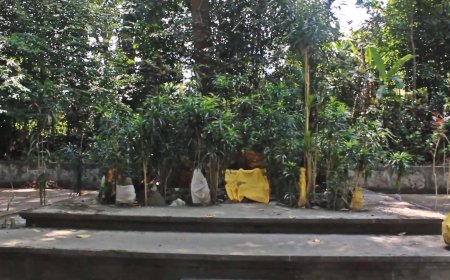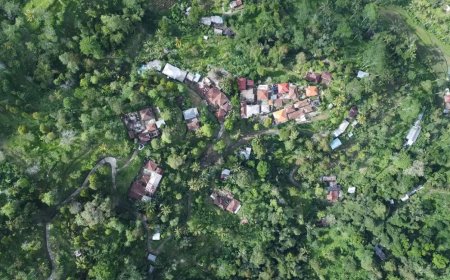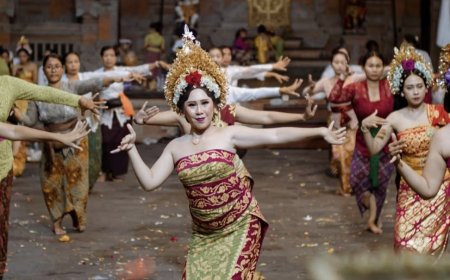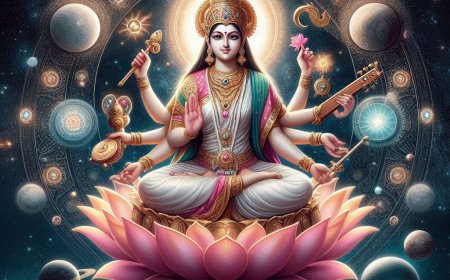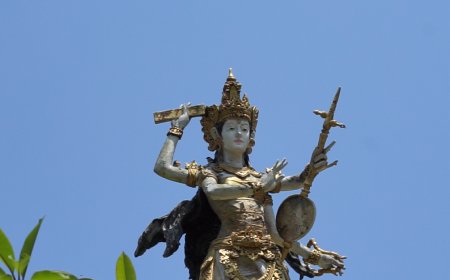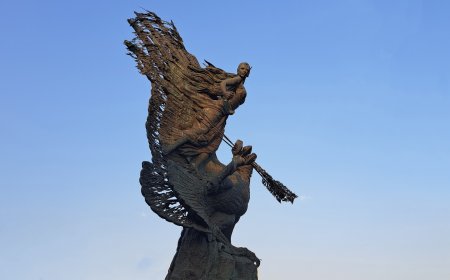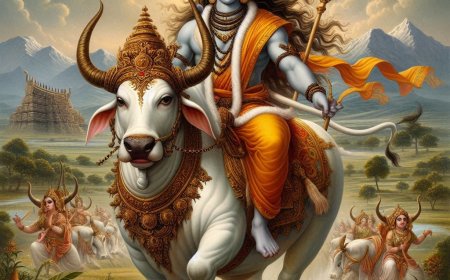The Epic Tale of Mayadenawa's Battle Against Lord Indra : The Origin of the Galungan Day
Galungan, a deeply spiritual celebration rich with traditions in Bali, has a profound history and mythological roots. For the people of Bali, Galungan is not merely a festivity but also an expression of gratitude to God, a symbol of the struggle against evil, and a tribute to their ancestors. This celebration has a strong foundation in an ancient epic story of the fierce battle between a tyrannical king named Mayadenawa and Lord Indra, the ruler of the gods
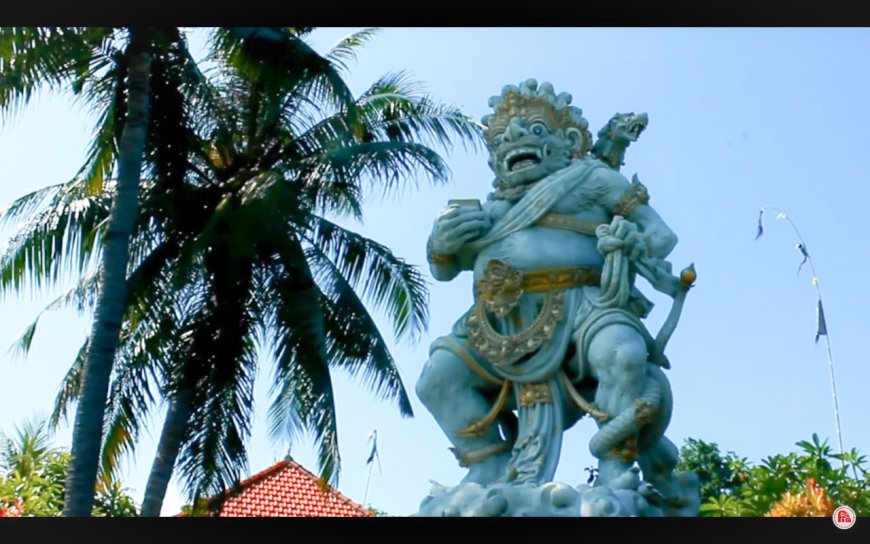
Galungan Festival, a deeply spiritual celebration rich with traditions in Bali, has a profound history and mythological roots. For the people of Bali, Galungan is not merely a festivity but also an expression of gratitude to God, a symbol of the struggle against evil, and a tribute to their ancestors. This celebration has a strong foundation in an ancient epic story of the fierce battle between a tyrannical king named Mayadenawa and Lord Indra, the ruler of the gods.
The epic of Mayadenawa begins with a powerful and arrogantly proud king from ancient times. King Mayadenawa, a descendant of giants, ruled over the realm of Bali with an iron fist. His invincibility led him to believe that he was a deity worthy of worship by all. However, not only was he arrogant, but Mayadenawa was also notorious for his cruelty. His extraordinary powers were acquired through his unwavering faith in Lord Shiva. He implored Lord Shiva to grant him the power to transform his shape at will, a request that Lord Shiva, in his benevolence, granted. As a result, Mayadenawa became a powerful giant capable of shape-shifting at whim.
Mayadenawa's arrogance reached its peak when he began to consider himself a god who should be worshipped by his subjects. He destroyed temples and prohibited the worship of the deities who rightfully deserved reverence. Bali's populace lived in profound fear, for the tyrannical king's reign was unrelenting. No one dared to defy his rule, and the people endured unspeakable suffering.

Mayadenawa (Source Photo: Pujangga Nagari Nusantara)
Amidst this darkness, a wise priest named Sangkul Putih emerged as a beacon of hope for the people of Bali. He was also the High Priest at Pura Besakih, one of the highest places of worship in Bali. Witnessing the suffering of the people and the devastation caused by Mayadenawa, Sangkul Putih felt compelled to take action.
Sangkul Putih decided to embark on deep meditation, known as tapa yoga, at Pura Besakih, where he implored the gods for guidance on how to confront the threat of Mayadenawa. During his meditation, he received a divine revelation from Lord Mahadeva. This revelation instructed him to journey to Jambu Dwipa (India) and seek assistance.
Without hesitation, Sangkul Putih embarked on a long journey to India and pleaded for help from the powerful gods and goddesses. Lord Indra, who led the assembly of gods, sympathized with the plight of the Balinese people and agreed to provide assistance. They prepared for battle against Mayadenawa and his formidable forces.
A fierce battle became inevitable. Mayadenawa had been informed of the impending arrival of Lord Indra's divine army through his network of spies. He meticulously prepared his troops to confront the gods. The battlefield soon became a bloody battleground, and casualties mounted on both sides.
However, Mayadenawa was not satisfied with the battle alone. He devised a wicked scheme during a nighttime pause in the fighting. Using his shape-shifting abilities, he infiltrated the ranks of Lord Indra's army and poisoned their water source. This nefarious plan was intended to eliminate the gods on that very night.
Lord Indra, possessing immense powers, detected this danger and promptly created a new water source that could heal and rescue his soldiers. With his divine strength, Lord Indra successfully cured all those who had been poisoned, and they were ready to resume the battle.
After the divine army had recovered, they continued their pursuit of Mayadenawa, who continually changed his form to evade capture. He even transformed into a massive bird, resulting in the creation of the village of Manukaya. However, all of these efforts ultimately proved futile in the face of Lord Indra's unwavering determination.
This protracted battle reached its climax when Lord Indra finally managed to slay Mayadenawa. The blood of the tyrannical king flowed and formed a river known as Sungai Petanu. This river, it is said, was cursed by the anger of the gods. When its waters were used to irrigate the fields, crops would grow rapidly, but during the harvest, blood would flow, accompanied by a foul odor. This curse was believed to last for a thousand years.
Lord Indra's victory over Mayadenawa is regarded as a triumph of good over evil. It is commemorated as Galungan Festival, a momentous spiritual victory. During this celebration, the people of Bali craft exquisite penjor poles as an expression of gratitude to God for the bountiful harvest. These penjor poles, made of gracefully curved bamboo, symbolize the highest mountain, the dwelling place of the gods, adorned with agricultural offerings. It serves as a reminder that their bountiful harvest is a gift from the divine, and in its abundance lies their gratitude to Ida Sang Hyang Widi Wasa.

Lord Indra (Source Photo : Pujangga Nagari Nusantara)
The epic tale of Mayadenawa's battle against Lord Indra forms the cornerstone of Galungan Festival, a celebration deeply embedded in Balinese culture. This story imparts values of justice, courage, and gratitude to God for all blessings received. The history of Galungan Festival is a reminder of the ongoing struggle for goodness passed down through generations. The celebration also emphasizes the importance of preserving traditions and cultural values that have been rooted in Balinese society for centuries. By observing Galungan Festival, the Balinese people commemorate the victory of good over evil and pay homage to their ancestors, making it a vital pillar of their identity and belief system.
